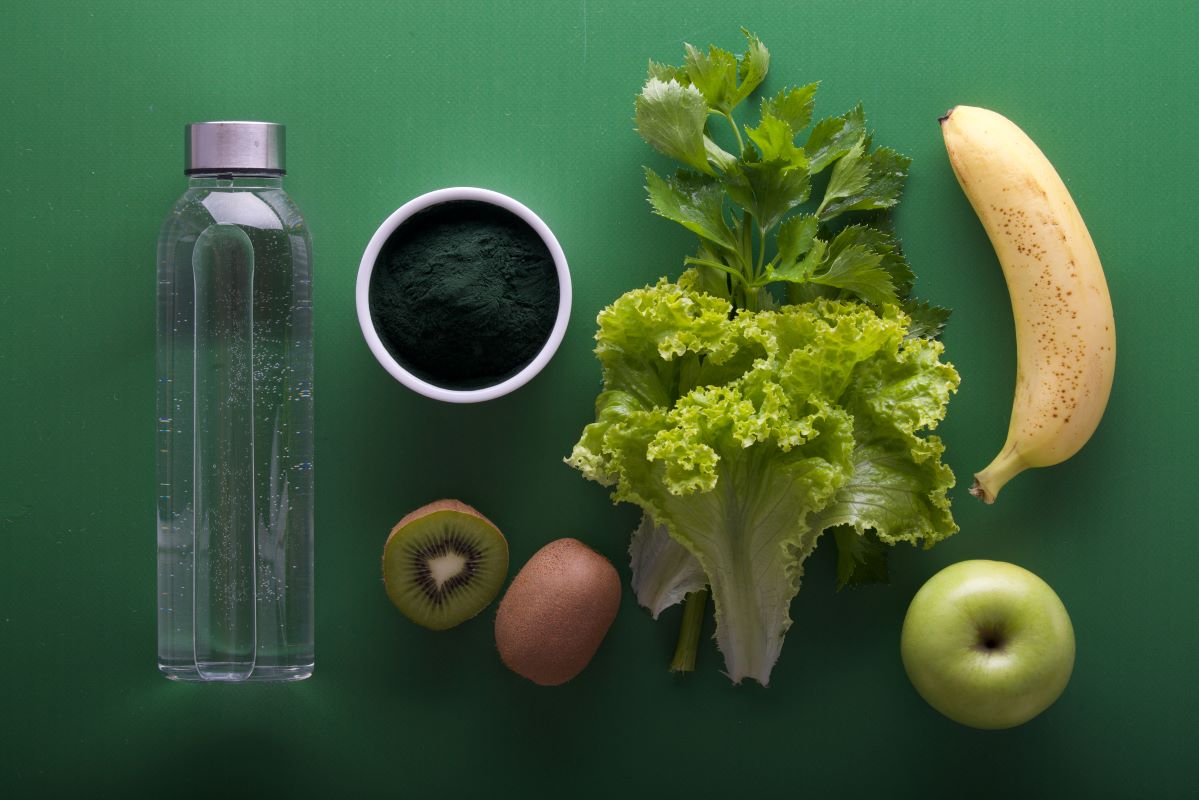Substance use harms the body by causing unhealthy lifestyle choices such as poor diet, irregular eating, or overeating. Poor nutrition can lead to malnutrition, GI disorders, low blood sugar, and organ damage.
Good nutrition will aid in physical recovery by replenishing lost nutrients and helping individuals get back on track to wellness.
Nutrient-Dense Foods Improves Mood
One of the reasons individuals may turn to substance use is to reduce stress and improve mood. The same goes for the food we eat. According to Harvard Health, 90% of serotonin receptors are located in the gut. The food we eat makes us feel good and nutrient-dense foods help fight inflammation, a risk factor for depression.
A Healthy Diet Leads To Increased Energy
Eating healthier during recovery improves energy by providing the body with the fuel it needs. Small, frequent meals and healthy snacks can help prevent fatigue by providing a consistent supply of nutrients. A handful of nuts and fruit can give a boost when it is needed.
Patients should use caffeine sensibly to prevent side effects such as insomnia and crashes, which can include symptoms of tiredness, the inability to concentrate, and irritability.
Healthy Foods Promote A Stronger Immune System
While no one food can prevent patients from getting sick, good nutrition will help the body fight off infection and illness. This is essential in the road to recovery from a Substance Use Disorder (SUD). It is physically demanding and includes symptoms like vomiting, constipation, diarrhea, and fatigue.
Remember To Combine Good Nutrition With Exercise
Along with good nutrition during recovery, exercise should also be implemented into the daily routine. Exercise improves both physical and mental health.
Starting slow and setting goals will ease the patient into exercise while improving range of motion, strength, and endurance. A fitness specialist and/or physical therapist can design a fitness program that meets the individual’s needs and fitness level.
Implementing a small amount of exercise throughout the day will improve physical endurance and improve mood. For example, taking a walk at lunch and stretching while watching TV. Taking breaks from exercising will allow the body to rest and recover.
Individuals should always contact their doctor before starting any fitness program to prevent injury.
Consult An Expert Dietitian & Nutritionist
To get back on track with good nutrition and a healthy lifestyle, consult a professional dietitian and/or nutritionist. These professionals will work with individuals to create a recovery plan that includes slowly introducing meals and exercise. Nutritious meals include the following:
- Healthy carbohydrates, as found in whole grain bread, starchy vegetables, and fruit
- Fiber, as found in fruits, vegetables, berries, whole grains, and nuts
- Protein, as found in chicken, beans, eggs, lean meats
- Vitamins and minerals, as found in dark leafy greens, tomatoes, bananas, and dairy products
- Healthy fats, as found in avocados, cheese, nuts, and vegetable-based oils
Water is also needed to keep hydrated and the body healthy by flushing out waste. Water helps regulate the digestive system, helps the body absorb nutrients, and promotes skin health and energy.
Meal plans, setting goals, and keeping healthy foods on hand in the fridge and pantry will go a long way in helping individuals improve health and assist in the recovery process.
PrevendEd provides individuals and their families with the resources they need to begin their journey to recovery. We can give you an objective, professional evaluation, and all recommendations are matched to your resources, needs, and circumstances.
We Can Prevent Substance Use Disorder
Reach Out To PreventEd Today For The Resources You Need
